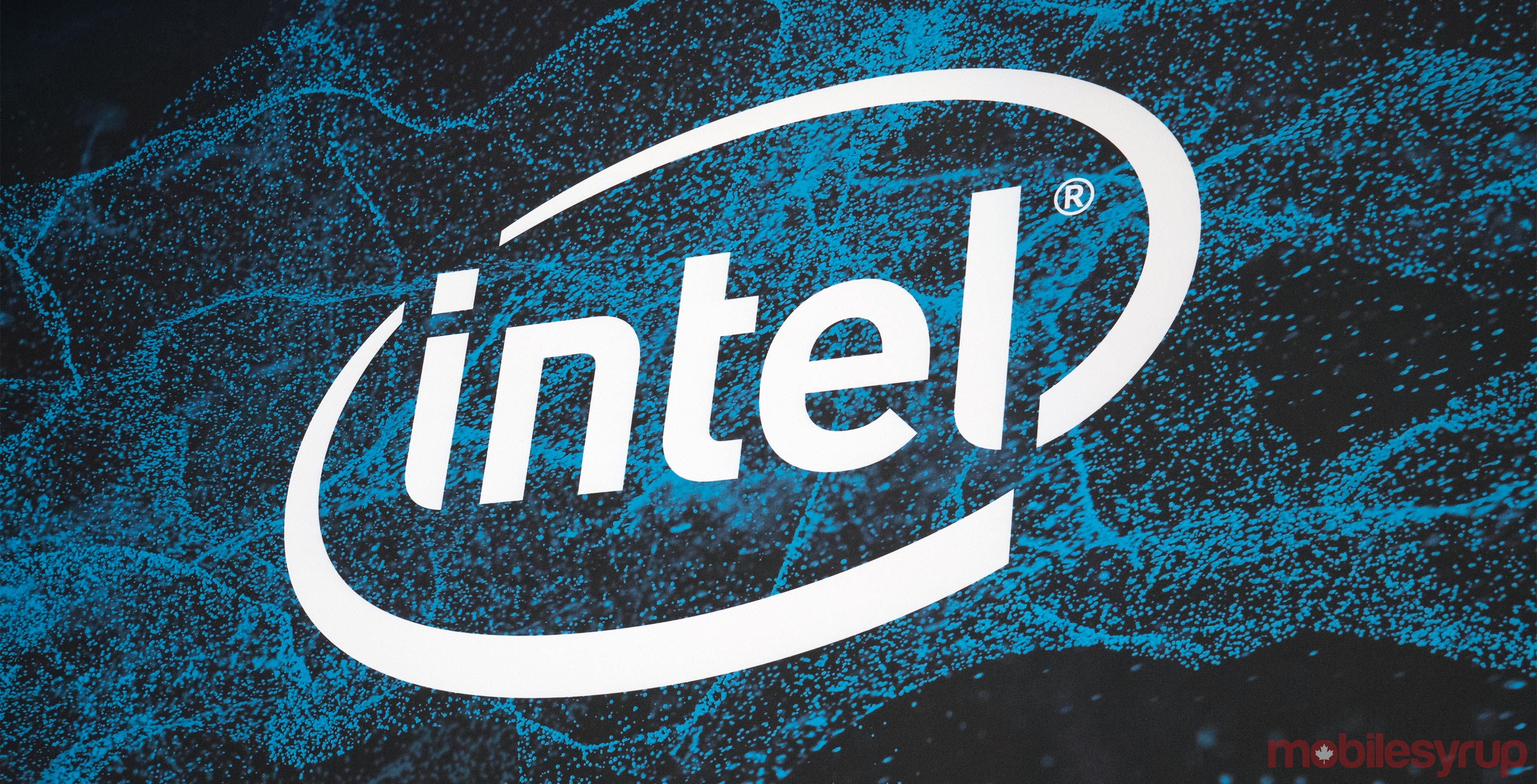
At its CES 2020 keynote, Intel announced Thunderbolt 4, which will release alongside the company’s Tiger Lake mobile processors.
Thunderbolt 4 is the successor to Thunderbolt 3, a connection standard that dictates things like power delivery and data transfer speeds. The CPU-integrated Thunderbolt 4 will likely debut on a thin-and-light notebook of some kind later this year since that’s what Tiger Lake is designed for.
Intel didn’t provide many details about the standard at CES, noting only that Thunderbolt 4 will be four times faster than USB 3. The company didn’t specify which version of USB 3 it was referring to. Assuming it meant USB 3.2 Gen 2×2 — just in case you forgot, USB has the worst naming conventions of any tech product — which is capable of a maximum of 20Gbps throughput, then Thunderbolt 4 would be able to do up to 80Gbps. That would mean Thunderbolt 4 is about twice as fast as Thunderbolt 3.
9to5Mac also points out that Thunderbolt 4 will likely require PCIe 4.0 support, which Intel currently doesn’t support on any of its CPUs. If true, then Thunderbolt 4 support on Tiger Lake could mean Intel’s next round of CPUs will support PCIe 4.0, an improvement on the PCIe slot for expansion cards like GPUs and SSDs that doubles speeds from 16 gigabytes per second (GB/s) in version 3.0 to 32GB/s.
Unfortunately, Intel didn’t provide any other details regarding power delivery improvements, display connection, backwards compatibility or other details relevant to the Thunderbolt spec. These details will hopefully come later on.
Regardless of the specs, you can expect Thunderbolt 4 will improve throughput for external GPUs and SSDs, as well as supporting higher resolution displays. There’s also a good chance that upcoming Mac computers will support the standard, as almost every current Mac Apple sells supports Thunderbolt 3.
Source: 9to5Mac
MobileSyrup may earn a commission from purchases made via our links, which helps fund the journalism we provide free on our website. These links do not influence our editorial content. Support us here.


